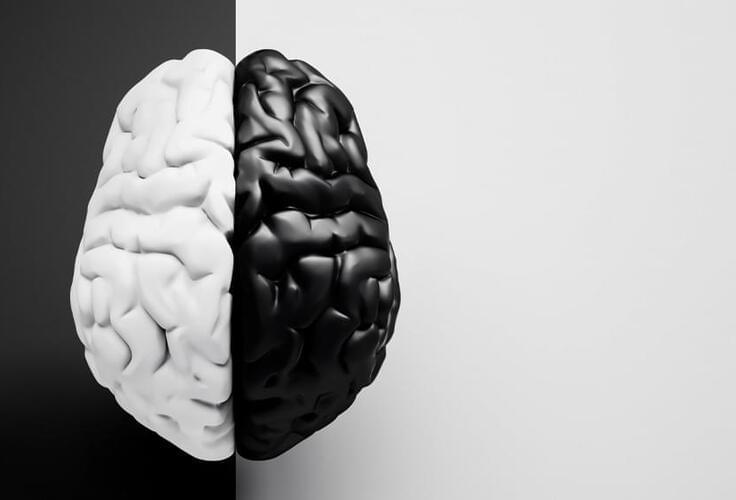A study conducted in Japan has found that individuals exhibiting strong autistic traits are often inclined towards dichotomous thinking. The research suggests that these autistic traits might lead to a heightened intolerance of uncertainty, subsequently increasing the propensity for dichotomous thinking. The study was published in Scientific Reports.
Autism Spectrum Disorder (ASD) is a complex neurodevelopmental condition characterized by a wide range of symptoms and challenges. Individuals with autism spectrum disorder typically have restricted interests, difficulties in social interaction and communication. The severity of these challenges can vary greatly from person to person. Some individuals with ASD may have significant language delays and struggle with everyday social interactions, while others may have milder symptoms and excel in certain areas, such as mathematics or art.
Aside from atypical social functioning, autistic individuals tend to exhibit a thinking pattern known as dichotomous, “black-and-white”, or binary thinking. This is a form of cognitive distortion wherein an individual perceives things in a binary way – either black or white, good or bad. There is no middle zone or space for any nuances. The result of this thinking pattern is that the person oversimplifies very complex issues, leading often to inappropriate or obviously poor decisions.
